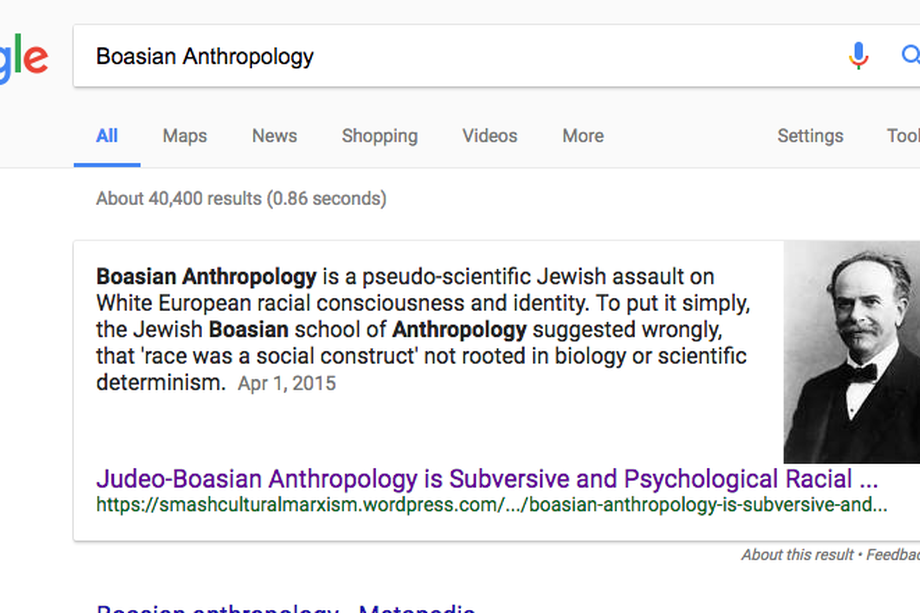British “explorer” Benedict Allen made news recently by being rescued from a failed attempt to cross the central mountain range of Papua New Guinea and paddle downs stream to the coast. While most of the world was alternately amused and thrilled to hear of Allen’s failed exploits, those of us who have lived in Papua New Guinea were struck by Allen’s invocation of uncontacted tribes and primordial jungles. To be honest, this sort of thing does more to convince me that it is Allen, not Papua New Guineans, who is out of touch with the modern world. Others have claimed that Allen’s failed walk is rooted in racism and bad for the Papua New Guineans who hosted him. As a historian and anthropologist who lived for two years in Porgera (about 20 miles from where Allen was eventually rescued) I want to weigh in here with another criticism of Allen: Although he claims to be be the first person to cross Papua New Guinea’s central ranges, he is not. His accounts of his amazing feats not only downplay the achievements of Papua New Guineans, they ignore — or perhaps were made in ignorance of — the actual explorers, both white and Papua New Guinean, who have so long ago accomplished what he claims to have done first.
This most recent failed walk repeats a path he took in the late 1980s, which he describes in his book The Proving Grounds. In it, he is flown into the upper reaches of the Sepik, crosses the central ranges, and then ends up on the shores of the Lagaip, and then returns to Port Moresby, the capital of Papua New Guinea. It’s hard to judge, but I reckon the total distance is about 50 kilometers as the crow flies. But that doesn’t really give you a sense of how onerous this walk is. On his website Allen claims that this walk was “the first recorded crossing of the Central Mountain Ranges of PNG”. This is incredibly tough terrain, and he should be congratulated for managing to do it. But he was not the first. Not by a longshot. Continue reading
